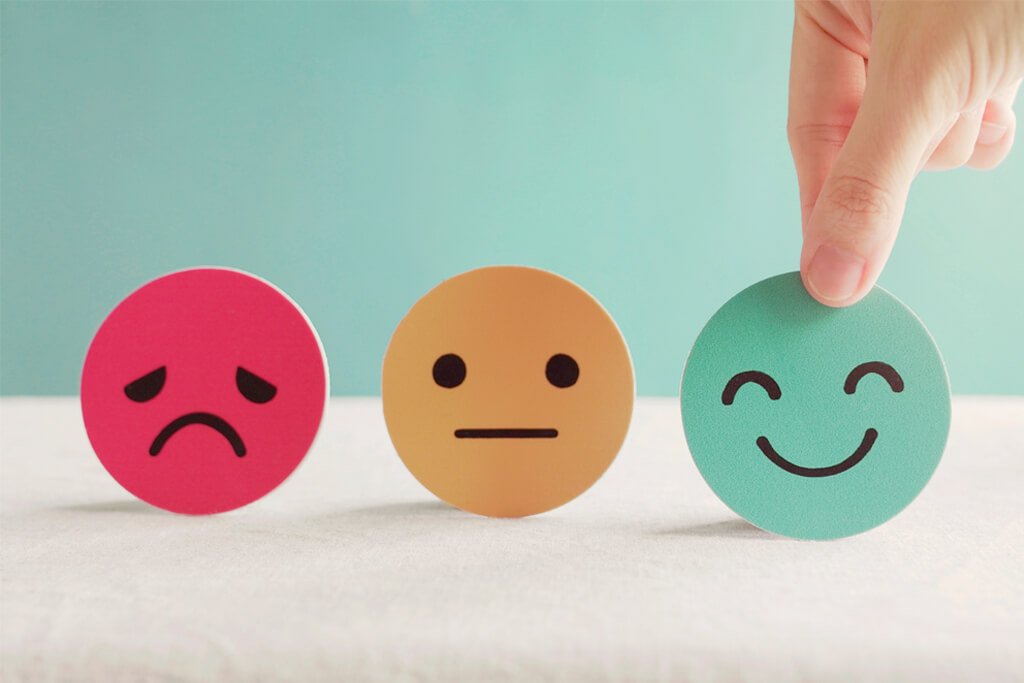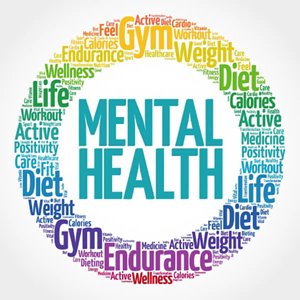
Mental Wellness
Depression is a word that is widely used but less understood. It is often confused with sadness, anxiety, phobia or stress.
Sadness, feeling down, having a loss of interest or pleasure in daily activities – these are symptoms familiar to all of us. But, if they persist and affect our life substantially, it may be depression. Depression is a mood disorder characterized by persistently low mood and a feeling of sadness and loss of interest. It is a persistent problem, not a passing one, lasting on average 6 to 8 months.
According to the World Health Organization (WHO), depression is the most common illness worldwide and the leading cause of disability. They estimate that 350 million people are affected by depression, globally.
Sometimes physical problems can cause depression. But other times, symptoms of depression are part of a more complex psychiatric problem.
Types or Subtypes of Depression
Major depressive disorder
Dysthymia and chronic depression (now called persistent depressive disorder)
Seasonal affective disorder
Psychotic depression
Unipolar and bipolar depression
Postpartum depression
Major depressive disorder with seasonal pattern
Premenstrual Dysphoric Disorder

Anxiety is the mind and body’s reaction to stressful, dangerous, or unfamiliar situations. It’s the sense of uneasiness, distress, or dread you feel before a significant event. A certain level of anxiety helps us stay alert and aware, but for those suffering from an anxiety disorder, it feels far from normal – it can be completely debilitating. Over the years, you might have struggled with feelings of intense worry or fear over what might happen. Whether it is the first day of college/office or talking to unknown people, the fearful thoughts might have troubled you and brought multiple sleepless nights. It’s normal to feel anxious for major life-events but when this state becomes part of your personality and interferes with your daily functioning, it needs to be healed. Experiencing anxiety is defined as a state of prolonged fear or arousal in response to a threat that is either ambiguous or unspecific. It is a reaction to the situation or context in which threats may take varied forms and predictions which further impacts your well-being. In such scenarios, anxiety needs to be conquered before it ruins your health and happiness. Get the best Anxiety treatment today. Connect with Best anxiety treatment therapist near you.
Anxiety disorder is an umbrella term that includes different conditions:
• Panic disorder: You feel terror that strikes at random. During a panic attack, you may also sweat, have chest pain, and Feel palpitations (unusually strong or irregular heartbeats). Sometimes you may feel like you’re choking or having a heart attack.
• Social anxiety disorder: Also called social phobia, this is when you feel overwhelming worry and self-consciousness about everyday social situations. You fixate about others judging you or on being embarrassed or ridiculed.
• Specific phobias: You feel intense fear of a specific object or situation, such as heights or flying. The fear goes beyond what’s appropriate and may cause you to avoid ordinary situations.
• Generalized anxiety disorder: You feel excessive, unrealistic worry and tension with little or no reason.